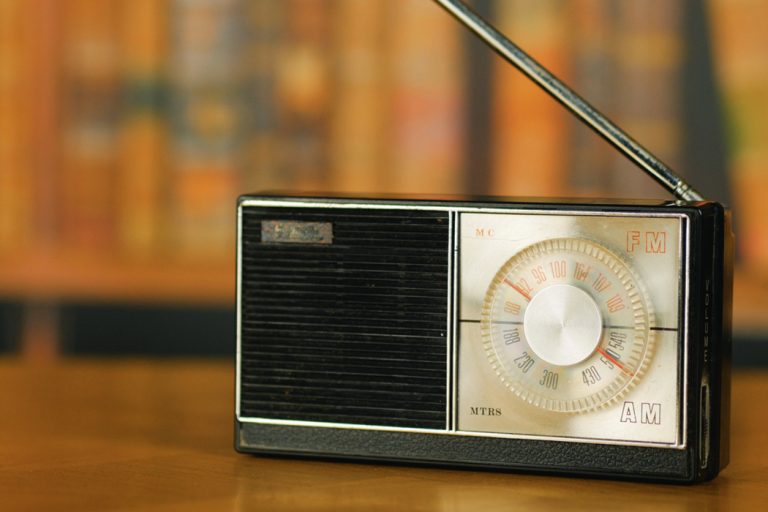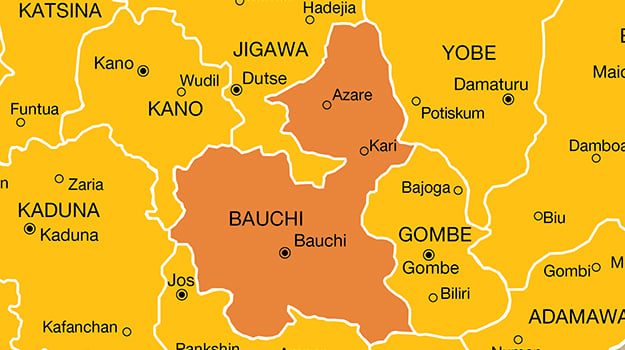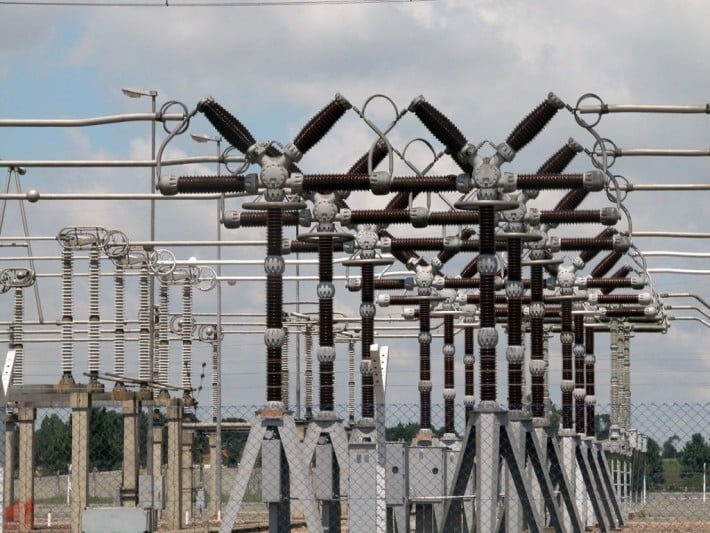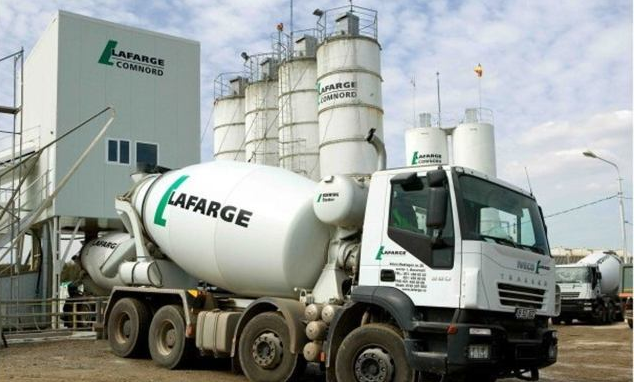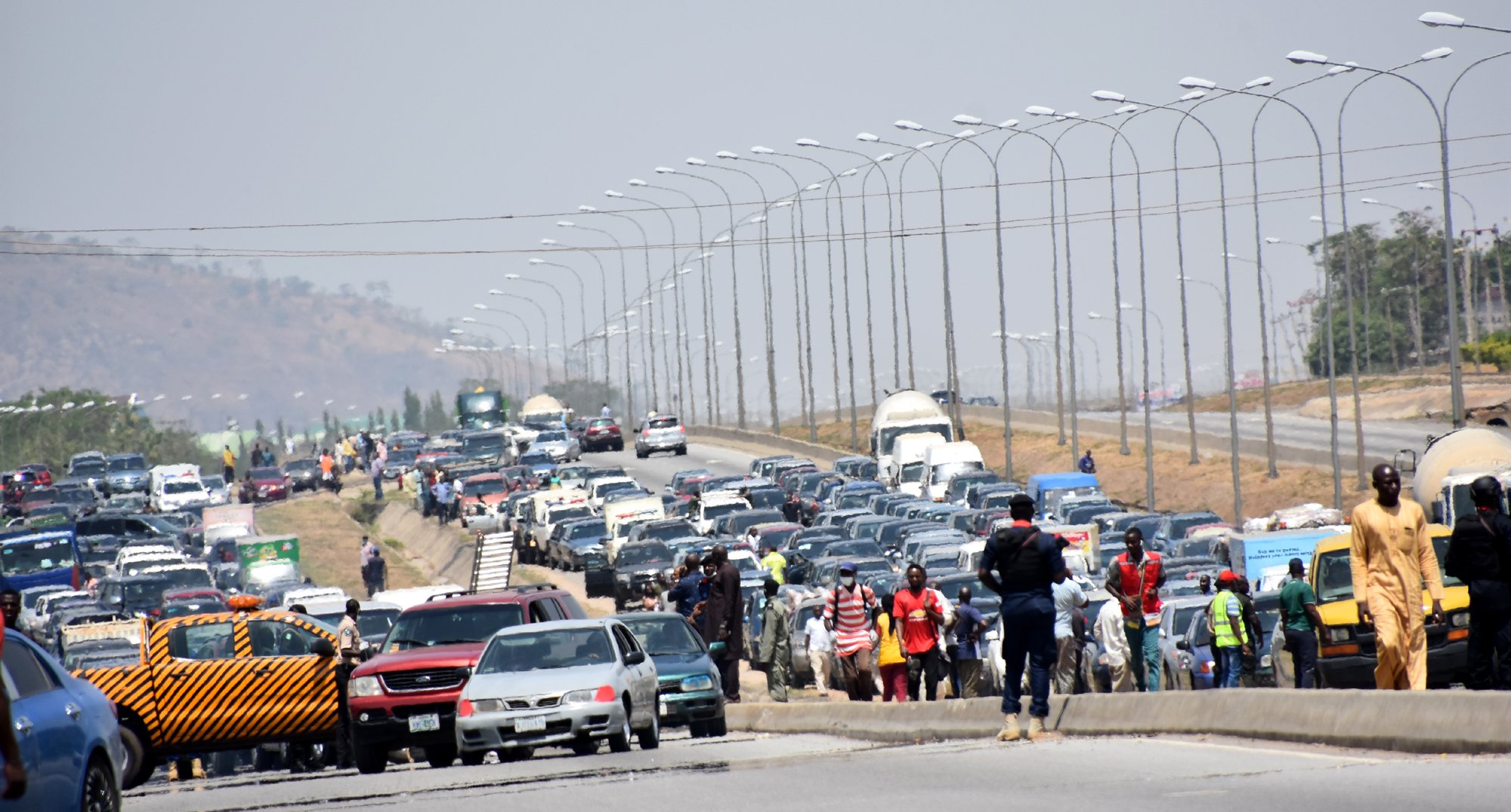Ekiti to commence radio teaching of pupils amid COVID-19 lockdown
For broadcasting, the challenging times may be over and a new dawn of orchestrated change on the cards as the acting Director General of the National Broadcasting Commission, Prof Armstrong Idachaba, has pledged to follow every word of the Act setting up the Commission to deliver and refocus the industry.
At different times in Abuja and in Lagos Idachaba is pushing the need for the Commission to be desperate in advancing the cause of the broadcast industry and realign it to the part of growth by way of meeting the expectations of the various stakeholders – audience, government and operators.
And there are quite a few things in the plate needing urgent attention. They include: Implementing the Reform Implementation Committee Recommendations as approved by the government; Promoting Broadcasting for National Development, Economic Growth and National Cohesion; and Aggressive Pursuit of the Digital Switch Over.
Broadcasting was deregulated in Nigeria in 1992 leading to a plurality of stations across the land which Idachaba has put at about 270 stations, including Radio, Television and Satellite TV operations. He ascribed this as a manifestation of the country’s free press.
Advertisement
Unfortunately there has not been too much of security even with this number and economic prosperity has been very elusive, thus opening too many flanks for Idachaba to begin an aggressive fight to right a sector where something has gone very wrong, especially in the immediate past.
Idachaba is not the only one who knows that something is wrong with the industry. The Nigerian Government has been looking at the sector and recently came out with a position document through the Minister of Information and Culture, Lai Mohammed, requesting the NBC to breathe some fresh air of reform and modern regulation into the broadcast sector.
The reforms if professionally implemented will address very key areas of the industry which include but not limited to the areas of welfare of the regulator, amendment of the Broadcast Act and proposal for inclusion of certain new laws especially in the area of the Independence of the regulator and the participation of the industry in the board of the Commission. The reforms will also extend to the New Regulations on content emanating from the social media.
Advertisement
The recommended reforms have largely been received with controlled excitement especially from a section of the society which has reasoned that for broadcasting to enjoy growth and quality output the regulator must be spruced in new welfare packages in form of remunerations, training and other ancillary accoutrement needed for modern regulation in a fast changing converged digitized society. It is also right thinking for a government to begin to think of the independence of the broadcast regulator especially with the realization that part of the existing Act which places the final burden of license approval on the President of the federation is a superfluous provision. In a deregulated market the independence of the regulator is a major factor needed to boost the confidence of investors in the sector.
A primary concern of any regulatory agency is the growth and development of the people and the economic health of the industry it regulates. Particularly in our environment, broadcasting is an enabler, a medium for economic growth and societal upliftment through the developmental information it disseminates.
For this reason Idachaba has pledged to reposition the industry for better performance in building the society and growing the economic well-being of the operators. One measure he hopes to take in achieving this is to revisit the monopolistic hold of some operators over some very pricy contents.
“Another key area in the reform is in the area of regulating Monopolistic tendencies by Rights owners. The point is that the regulator owes the country a responsibility to provide regulations that will promote the economic and overall interest of the vast majority of Nigerians. We need direct foreign investment [DFI] no doubt but even the DFI should further expand the opportunities for the growth of our citizens. Therefore, the idea is that Rights owners will have their rights protected but they should be willing to allow Nigerians benefit from the exploitation of those rights,” he said.
This may of course draw some resistance from a number of operators who spend heavily to acquire and produce high end content for their channels. But what will by far pose the biggest challenge for Idachaba and the entire NBC at the moment is the digital switch over (DSO) where the country has faltered serially. The transition from analogue to digital broadcasting, as recommended by the ITU, was expected to have happened years back. Some actions of the Minister clearly demonstrate that government is anxious about getting the process through. However, there has not been too much of coherent understanding of the process especially in the most recent times.
Advertisement
Hopefully there is a revamped interest by government to pursue the process, according to Idachaba. “The Commission and indeed the Federal government remains committed to the realization of the Digital transition because of its vast benefits to the vast number of Nigerians. We acknowledge that roll out has been slow, but with the support and drive of the Minister of Information and the Board of the NBC we are resolved to continue with the roll –out-therefore the Digiteam and the NBC along with stakeholders shall release a new roll out time indicating switch dates,” he informed.
For the time being, Idachaba is enjoying a pulsating shift in focus and momentum. Luckily, the Board headed by Alhaji Ikra Aliyu Bilbis, a former Minister of Communications, has thrown its weight behind him. He is excited about this support and the human capital resource available within the Commission. Little wonder, that pressed to comment on the challenging days of the Commission, Idachaba stated: The NBC is an old regulatory institution. It has developed the capacity and character for a self-run.
Aihe writes from Abuja
Advertisement
Add a comment

